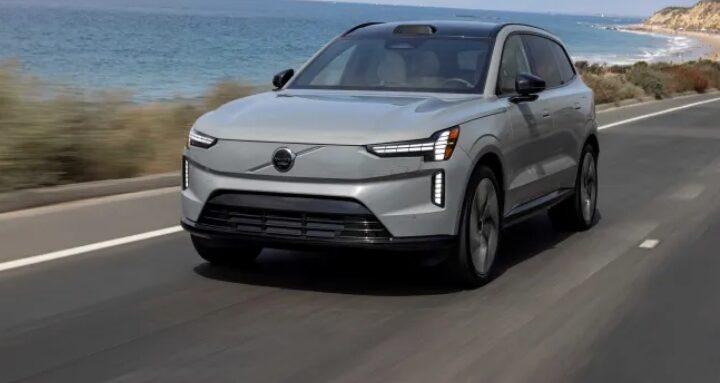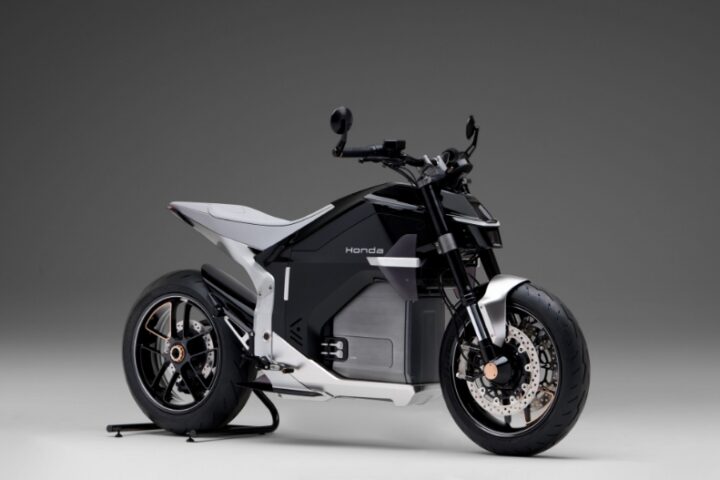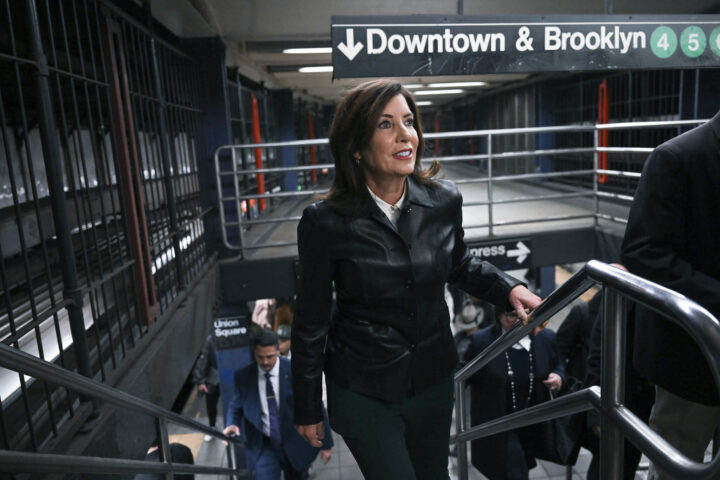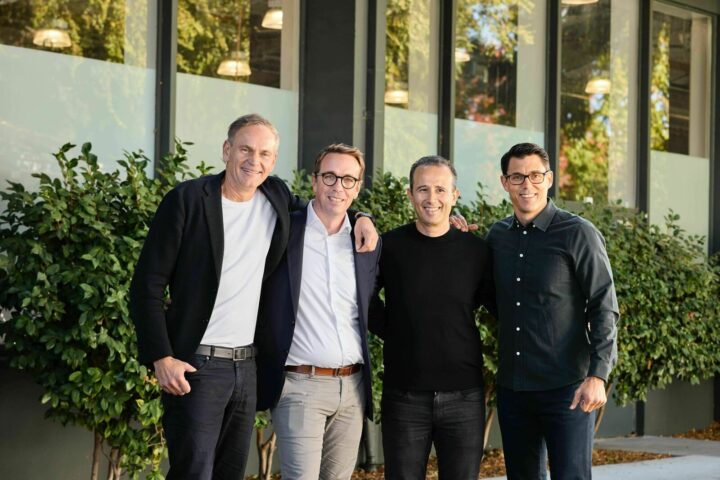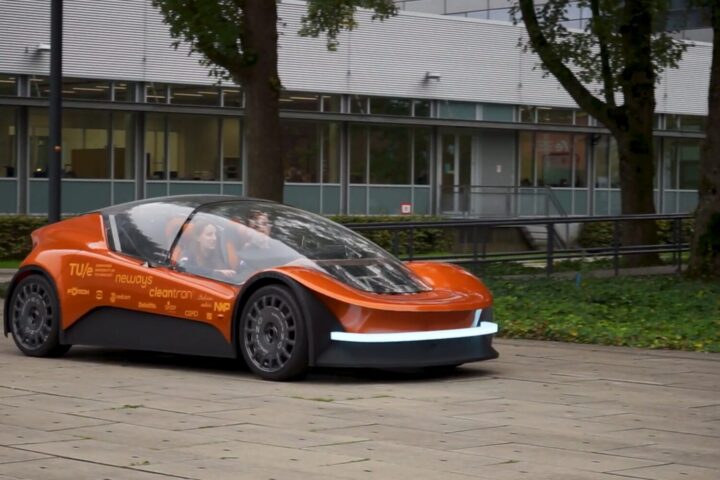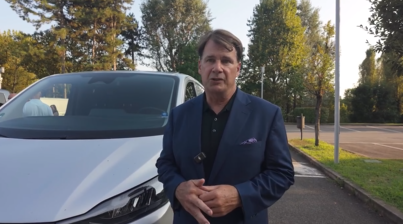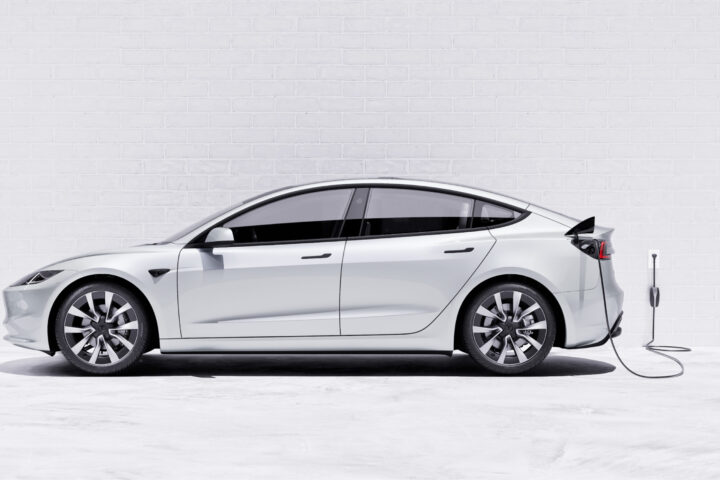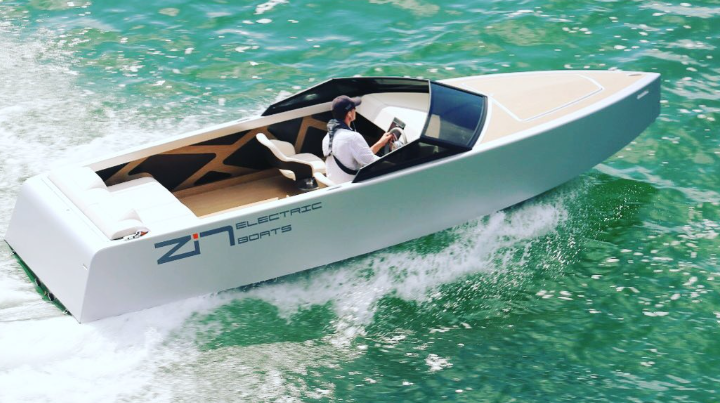In the realm of automotive history, the Hyundai Pony Coupe Concept holds a special place. While it may not be the first Hyundai ever produced, it is undeniably the concept that sparked the South Korean giant’s journey to become the automotive powerhouse it is today. From this humble two-door hatchback emerged a lineage of iconic Hyundai models that populate roads worldwide, including the i10, i20, i30, Ioniq, Santa Fe, Tucson, and many more.
The year was 1967, post-Korean War, Hyundai was a relatively unknown carmaker in a nation. Eager to make a grand entrance onto the international scene, founding chairman Ju-yung Chung sought to captivate the world with a bold concept car, one that would shape the future of the nascent company. To bring his vision to life, Chung turned to the renowned Italian automotive designer Giorgetto Giugiaro, the creative genius behind masterpieces like the De Tomaso Mangusta and the original Volkswagen Golf.
In collaboration with Hyundai engineers, Giugiaro crafted a sleek and angular coupe that possessed an avant-garde allure while remaining relatable. The Pony Coupe Concept made its debut at the 1974 Turin Motor Show, instantly turning heads and setting the tone for Hyundai’s future as a design-driven automaker. Despite its forward-thinking nature, the concept never made it into production. Nevertheless, its influence continued to reverberate through the years, inspiring Hyundai’s latest electric vehicles such as the Ioniq 5 and the N Vision 74 concept.
Sadly, like many show cars of its time, the Pony Coupe Concept was not treated with the reverence it deserved. It faded into obscurity, until the arrival of Luc Donckerwolke, Hyundai’s President and Chief Creative Officer, who embarked on a mission to unearth this lost icon. After an exhaustive search, the decision was made to recreate the concept to its exact 1974 specifications, using 1974 materials. And who better to oversee this ambitious project than the man who originally designed it—Giorgetto Giugiaro himself.
The restored Pony Coupe Concept represents a significant milestone in Hyundai’s history—a bridge connecting its humble beginnings to its ambitious future. With its clean lines, retro wedge-like design, and driver-focused minimalist cabin, the concept embodies the essence of its original incarnation. Moreover, it symbolizes Hyundai’s commitment to preserving its heritage and passing the baton of innovation to generations to come.
Beyond its historical significance, the Pony Coupe Concept’s influence extends to Hyundai’s future design language. It has inspired attention-grabbing concepts like the hydrogen-hybrid electric N Vision 74, pushing the boundaries of futuristic design while paying homage to the iconic roots of the original Pony Coupe. For SangYup Lee, Hyundai’s Head of Design, the challenge has always been to create the future by respecting the past—an endeavor that fuels the company’s ongoing pursuit of automotive excellence.
As the revitalized Pony Coupe Concept made its debut at a private event in Lake Como, Italy, it evoked a sense of awe and admiration. Despite its age, this fifty-year-old concept stands the test of time, combining period-specific characteristics with a newfound freshness that sparks nostalgia and captures the essence of “everything-old-is-new-again.” It serves as a reminder that Hyundai’s evolution is rooted in its ability to embrace both progress and the timeless beauty of classic design.
Fabrizio Giugiaro, son of Giorgetto Giugiaro and a collaborator on the project, aptly summarizes the significance of the Pony Coupe Concept as more than just a prototype. It represents a symbol of collaboration between two companies, and it bridges the gap between East and West, embodying the spirit of a time when globalization was yet to become a mass phenomenon.
The Hyundai Pony Coupe Concept stands as a testament to Hyundai’s transformative journey and its unwavering commitment to design innovation. This legendary concept car, restored to its former glory, serves as a bridge between the past and the future, embodying the spirit of collaboration, ambition, and global progress that define Hyundai’s remarkable legacy.



